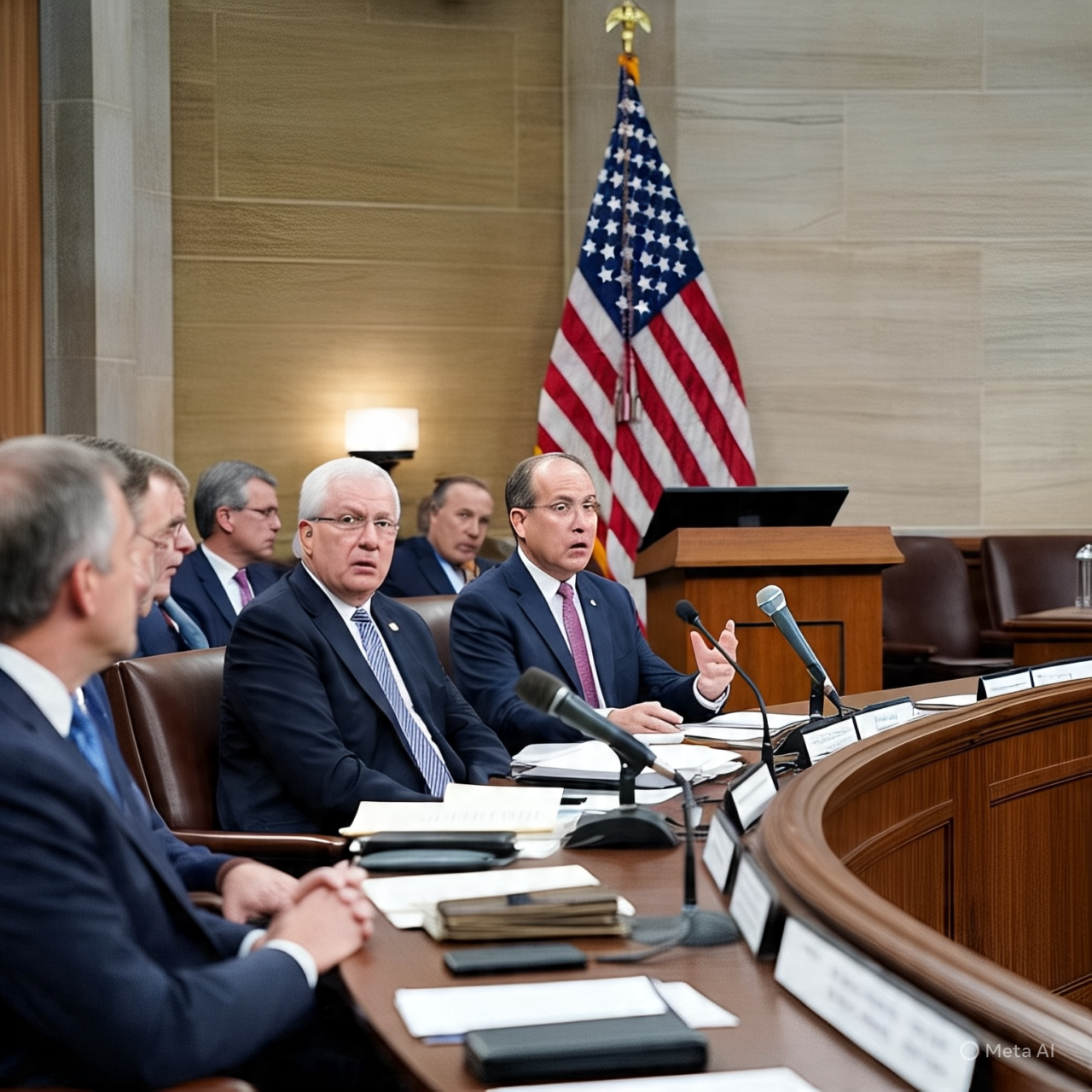
Push to Strip Supreme Court of Immigration Jurisdiction Sparks Constitutional and Political Debate
Washington, D.C. — Amid intensifying national debates over immigration policy and judicial power, a growing chorus of political voices is calling for Congress to limit or entirely strip the U.S. Supreme Court of its jurisdiction over immigration cases. Proponents argue the move would return authority to the legislative and executive branches and curb what they view as judicial overreach. Opponents warn that such actions could endanger the constitutional balance of powers and undermine judicial independence.
Background: Immigration, the Courts, and the Constitution
The Supreme Court has long played a pivotal role in shaping U.S. immigration law, ruling on cases ranging from deportation procedures and asylum rights to the scope of executive power over border enforcement. Recent high-profile decisions — including the Court’s interventions in Title 42, DACA (Deferred Action for Childhood Arrivals), and challenges to state-level immigration enforcement — have triggered strong reactions across the political spectrum.
Critics, particularly on the right, argue that the Court has usurped powers reserved for Congress or the executive branch. “The Constitution gives Congress the authority to define and limit the Court’s appellate jurisdiction. If the Supreme Court continues to insert itself into immigration policy contrary to the public will, Congress must act,” said Rep. Derek Wallace (R-TX), who is reportedly drafting legislation aimed at removing Supreme Court oversight in certain immigration matters.
Can Congress Do That? The Legal Framework
Article III, Section 2 of the U.S. Constitution provides that Congress has the power to make exceptions to the Supreme Court’s appellate jurisdiction. This clause has rarely been exercised to limit the Court’s authority, but it has been the subject of academic and political debate for decades.
Legal scholars caution that such a move, while technically constitutional, would be highly controversial and potentially destabilizing. “It would set a dangerous precedent,” says Professor Elena Mireles, a constitutional law expert at Yale Law School. “If Congress starts stripping jurisdiction whenever it disagrees with the Court’s rulings, it could trigger a breakdown in the separation of powers.”
Political Reaction and Legislative Prospects
The idea has gained traction among some Republican lawmakers, particularly those aligned with the hardline immigration stance of figures like former President Donald Trump and Texas Governor Greg Abbott. Some conservative think tanks, including the Heritage Foundation, have released white papers supporting jurisdiction-stripping as a way to combat what they call “judicial activism” in immigration cases.
Democratic leaders have pushed back strongly. “The judiciary is not meant to be a rubber stamp for any administration’s immigration policy. It’s a check on government power, and stripping that away is authoritarian,” said Rep. Pramila Jayapal (D-WA), chair of the Congressional Progressive Caucus.
So far, no formal bill has been introduced, but preliminary drafts are reportedly circulating in the House Judiciary Committee.
Judicial and Public Concerns
Current and former members of the judiciary have expressed concern about the implications of such a move. Retired federal appellate judge Mary Gomez warned that “removing the Court from immigration cases would deny due process to millions of people and eliminate a vital safeguard against executive overreach.”
Public opinion remains deeply divided on immigration policy, but polling shows that most Americans still support the concept of judicial review, especially in cases involving fundamental rights and due process.
Conclusion: Constitutional Brinkmanship or Reform?
As immigration continues to be a flashpoint in American politics, proposals to curb judicial power signal a broader shift toward legislative assertiveness — and possibly constitutional brinkmanship. Whether Congress will follow through on efforts to limit the Supreme Court’s role in immigration remains to be seen, but the debate has already exposed deep rifts in how Americans view the balance of power between the branches of government.
